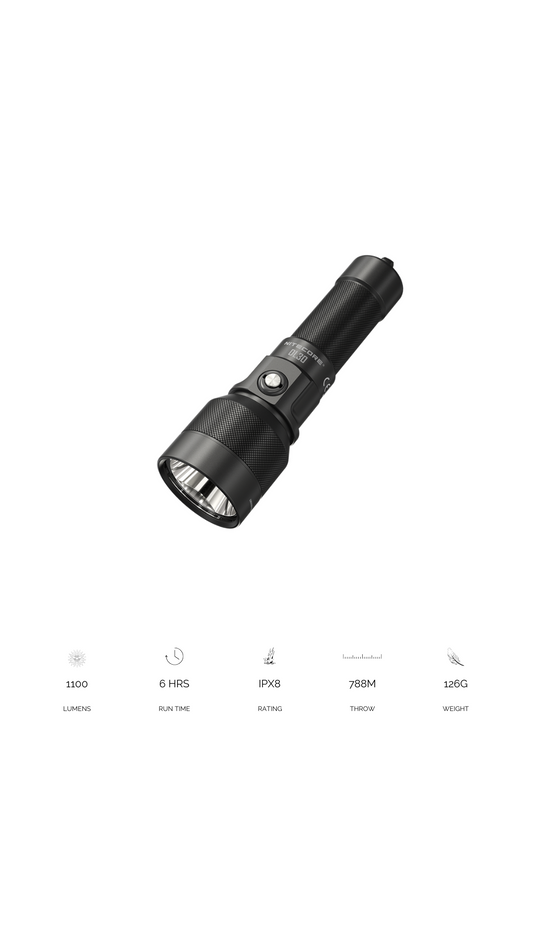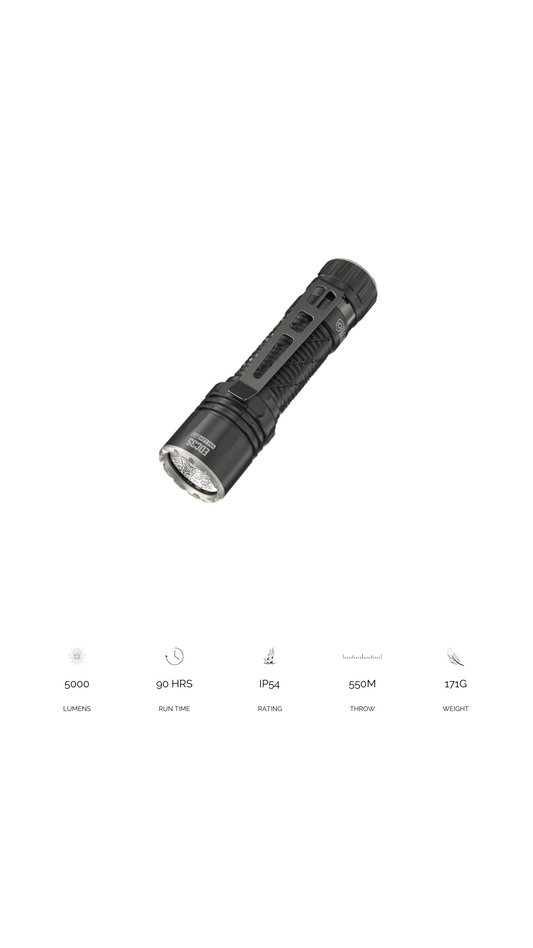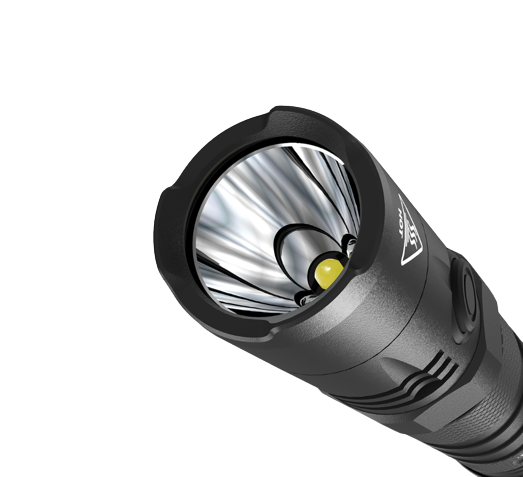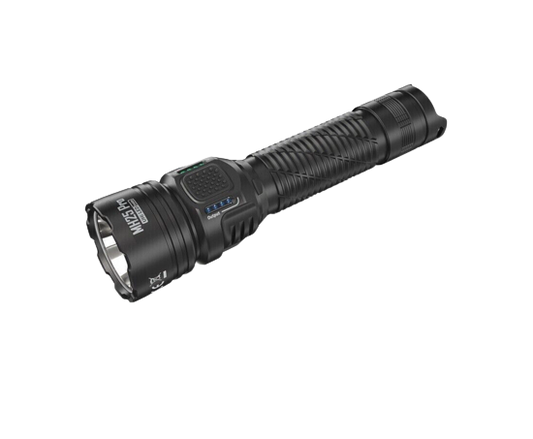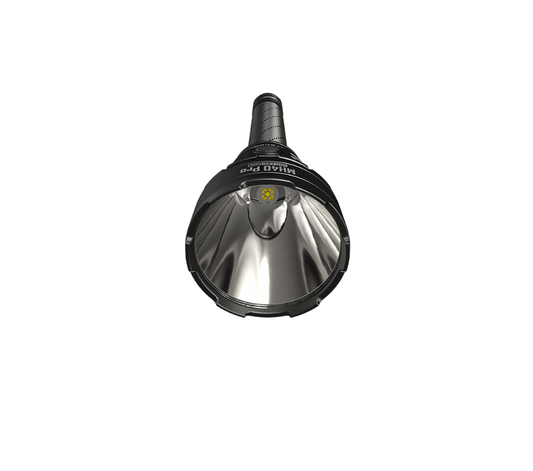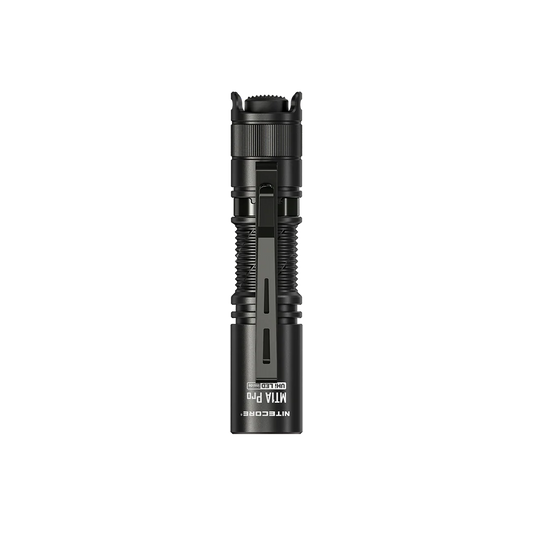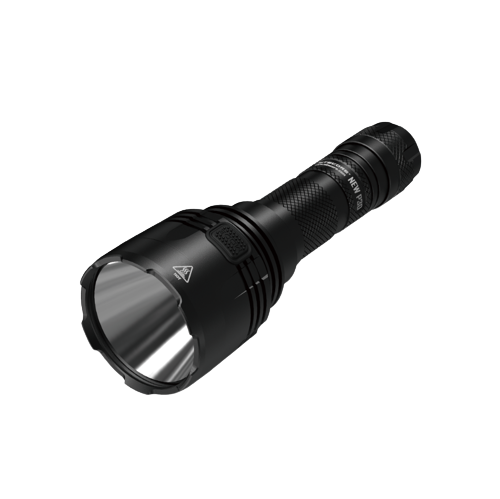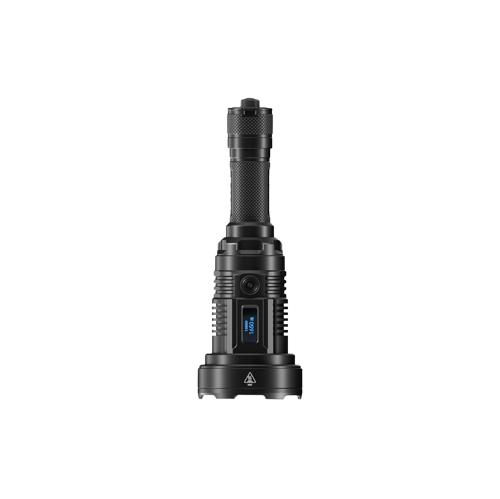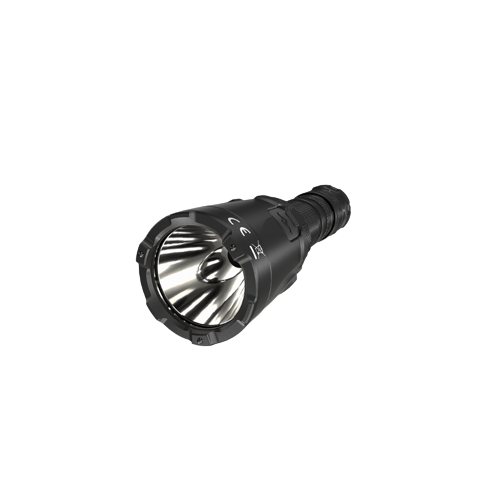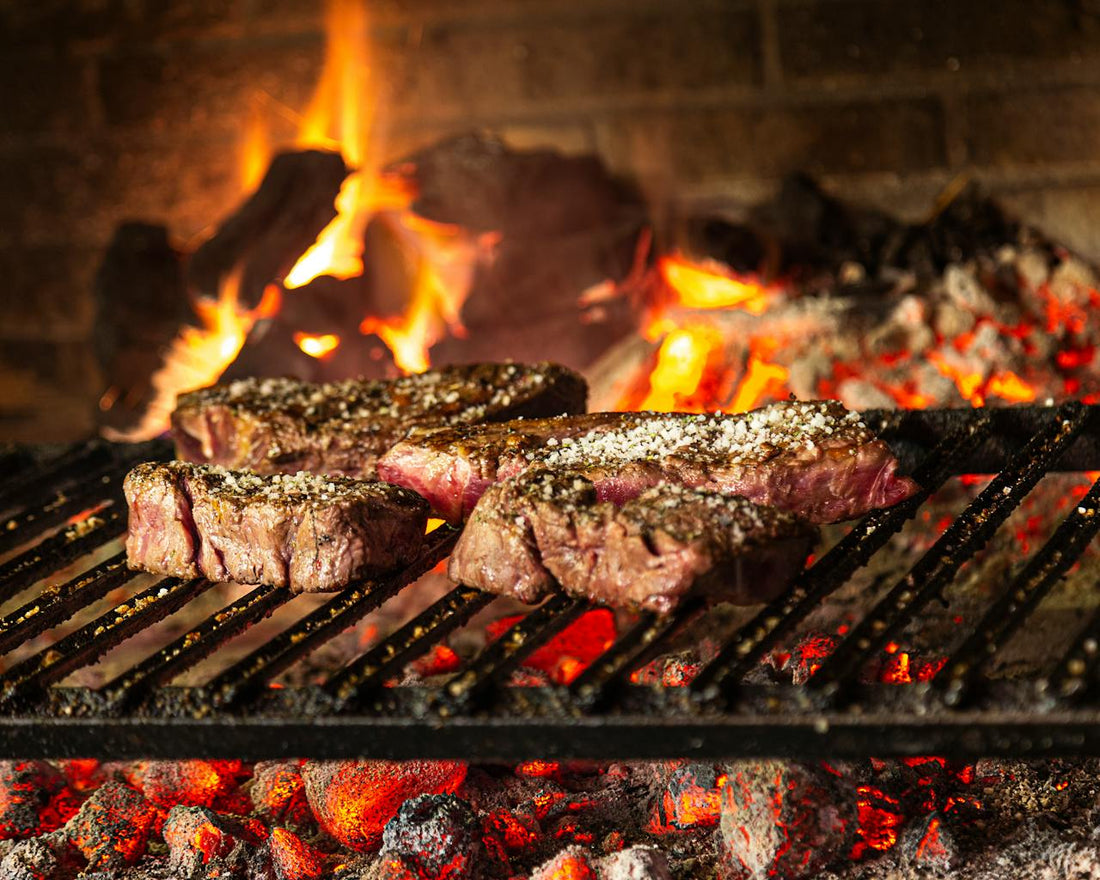
The Carnivore Diet: A Deep Dive into the All-Meat Eating Plan
The carnivore diet, also known as the zero-carb or meat-based diet, has taken the internet by storm. It has been around forever but took off around 2018. In 2018, former orthopedic surgeon Shawn Baker, who wrote the book The Carnivore Diet, promoted the carnivore diet on social media, and it's since taken off. Jordan Peterson and his daughter Mikhaila Peterson are also vocal adherents of this diet. Celebrities like Joe Rogan are also proponents of the Carnivore diet and speak highly of it.
Conventional wisdom paints meat as a villain: clogging arteries, raising cholesterol, and contributing to a host of health problems. In contrast, plant-based diets are often hailed as the ultimate path to well-being. But is this a complete picture?

Throughout history, numerous cultures have thrived on diets centered around meat. From the Arctic Inuit to the Mongolian nomads, these societies demonstrate the potential for human health on a primarily meat-based diet. However, the question remains: were these diets truly without drawbacks?
Arctic peoples have traditionally subsisted on a diet primarily composed of animal products. This raises questions about the role of fruits and vegetables in human health, particularly in harsh environments. Studies by Dr. Samuel Hutton in early 20th-century Labrador documented the limited consumption of plant foods by Inuit communities. While these communities did gather berries during the short summer months, the majority of their diet consisted of meat, fish, and birds, which are naturally low in fiber.
This dietary pattern stands in contrast to modern nutritional recommendations that emphasize a well-rounded diet rich in fruits and vegetables. However, it's important to consider the unique challenges of living in the Arctic. The limited availability of plant life during most of the year may have necessitated a high-fat, high-protein diet for survival.
Proponents swear by its effectiveness for weight loss, improved energy levels, and even managing chronic health conditions. But is the carnivore diet all it's cracked up to be? Let's delve into the world of eating meat and only meat, exploring its potential benefits, who might find it suitable, and the significant changes it can bring to your body.
What is the Carnivore Diet?
The carnivore diet is an extremely restrictive eating pattern that eliminates all plant-based foods from your plate. This means no fruits, vegetables, legumes, grains, or nuts. Instead, you focus solely on animal products like meat, poultry, fish, eggs, and sometimes even dairy products like cheese and butter.
There are different variations within the carnivore diet itself. Some allow only muscle meat, while others include organ meats and fatty cuts. The overall goal, however, remains the same – to derive all your dietary needs from animal sources.
Potential Benefits of the Carnivore Diet
While research on the long-term effects of the carnivore diet is ongoing, some studies suggest potential benefits in specific areas:
- Weight Loss: By eliminating carbohydrates, a major source of dietary energy, the carnivore diet can lead to a reduction in calorie intake. This can be helpful for weight loss, especially in the short term.
- Improved Blood Sugar Control: Restricting carbohydrates can potentially improve blood sugar management in individuals with type 2 diabetes or prediabetes. Studies have shown a decrease in blood sugar levels, and insulin needs in some people following the carnivore diet.
- Reduced Inflammation: Some proponents believe the carnivore diet may help reduce inflammation, potentially benefiting conditions like inflammatory bowel disease (IBD). However, more research is needed to confirm this.
- Increased Satiety: Protein and fat are known to be satiating macronutrients, meaning they keep you feeling fuller for longer. The carnivore diet, being high in both, might help with appetite control and reduce cravings.
It's important to note that these potential benefits need more scientific backing and require further investigation. Additionally, some of these benefits can be achieved through other, less restrictive dietary approaches that include a wider variety of healthy foods.
Who Might Benefit from the Carnivore Diet?
Due to its restrictive nature, the carnivore diet isn't suitable for everyone. However, individuals with specific conditions might find it beneficial under close medical supervision:
- Individuals with Severe Insulin Resistance: The carbohydrate restriction of the carnivore diet may offer some benefits in managing blood sugar levels for those with severe insulin resistance or uncontrolled type 2 diabetes.
- People with Autoimmune Conditions: Some individuals with autoimmune conditions like psoriasis or inflammatory bowel disease (IBD) have reported experiencing reduced symptoms on the carnivore diet. However, there is no scientific consensus on its effectiveness in managing these conditions.
Consult with a healthcare professional before starting the carnivore diet, especially if you have any underlying health conditions.
Changes the Carnivore Diet Brings to Your Body
Shifting to a diet solely consisting of meat will cause significant changes in your body's functioning. Here's a breakdown of some key areas:
- Digestion: Fiber, found abundantly in plant-based foods, plays a vital role in digestion and gut health. Eliminating fiber in the carnivore diet can lead to constipation, sluggish digestion, and potential nutrient deficiencies.
- Nutrient Intake: Fruits, vegetables, and whole grains are rich sources of essential vitamins, minerals, and antioxidants. Restricting these can lead to deficiencies in vitamins like C, B12, folate, and potassium, as well as a lack of dietary fiber. Supplementation may be necessary to address these shortcomings.
- Micronutrients: Plant-based foods are a primary source of prebiotics, which feed the good bacteria in your gut. A lack of these prebiotics can disrupt your gut microbiome, potentially leading to digestive issues and compromising your immune system.
- Kidney Function: The high protein content of the carnivore diet can put a strain on your kidneys, especially if you have pre-existing kidney problems. Consulting a doctor before embarking on this diet is essential for individuals with kidney concerns.
- Heart Health: The carnivore diet is typically high in saturated fat and cholesterol, which have been linked to an increased risk of heart disease. While some research suggests the type of saturated fat found in meat may be less detrimental than others, moderation is still key.
Here are some of the mental health improvements you can experience on an animal-based diet:

Potential Risks and Downsides of the Carnivore Diet
While the carnivore diet might offer some potential benefits, it also comes with significant downsides that shouldn't be ignored:
- Nutrient Deficiencies: Excluding entire food groups like fruits, vegetables, and whole grains significantly increases the risk of developing deficiencies in essential vitamins, minerals, and fiber. Vitamin C, B vitamins, folate, potassium, and magnesium are some of the most common deficiencies associated with the carnivore diet.
- Increased Risk of Certain Cancers: Red meat and processed meats have been linked to an increased risk of colorectal cancer. The high intake of red meat on the carnivore diet may contribute to this risk.
- Kidney Strain: The high protein content in the carnivore diet can put a strain on your kidneys, particularly for individuals with pre-existing kidney issues. Increased protein intake forces your kidneys to work harder to filter out waste products, potentially leading to kidney damage over time.
- Social Challenges: The restrictive nature of the carnivore diet can make social situations like dining out or attending gatherings difficult. It might also lead to feelings of isolation and exclusion.
- Gut Health Issues: The lack of fiber on the carnivore diet can disrupt the gut microbiome, the community of bacteria in your gut that plays a crucial role in digestion, immune function, and overall health. This disruption can lead to constipation, bloating, and digestive discomfort.
- Sustainability: The carnivore diet is not considered a sustainable dietary approach for most people. It's challenging to maintain long-term due to its restrictive nature and potential health risks. Additionally, the environmental impact of a meat-heavy diet is significant, raising concerns about sustainability.
Considerations Before Trying the Carnivore Diet
The carnivore diet is a controversial approach to eating, and its suitability varies greatly depending on individual health factors and goals. Here are some key points to consider before embarking on this dietary journey:
- Consult a healthcare professional: Discuss the potential benefits and risks of the carnivore diet with your doctor or a registered dietitian. This is especially important if you have any underlying health conditions.
- Individual Needs: Consider your specific dietary needs and preferences. The carnivore diet might not be suitable for everyone, and alternative nutritional approaches can offer similar benefits without significant restrictions.
- Long-Term Sustainability: The carnivore diet is challenging to maintain long-term. Consider whether you can realistically adhere to this restrictive approach for an extended period.
- Nutrient Supplementation: Discuss the need for supplementation with your doctor to address potential nutrient deficiencies associated with the carnivore diet.
- Mental and Social Well-being: The restrictive nature of the carnivore diet can impact your mental and social well-being. Consider the potential for feelings of isolation and the challenges it might pose in social settings. And eating steak every single day will get to you.
- Cost: When we discuss this particular diet, we are writing about non-processed foods. No hotdogs or TV Dinners. . So, you are most likely buying all your ingredients and cooking them from scratch. That in itself is a good thing. However, the cost associated with purchasing quality meats may be prohibitive, especially in the long run or if your current financial situation doesn't allow for it.
Things to note if you are considering the carnivore diet:
The carnivore diet is a highly restrictive eating plan that focuses solely on animal-based foods. But that being said, so are most diets. Proponents believe it offers a range of health benefits, though research is ongoing. Here's a breakdown of what you can and cannot eat on this diet:
Approved Foods:
- Meat: Beef, lamb, pork, chicken, turkey, and game meats like bison and venison are all welcome. The emphasis is often on fattier cuts to ensure adequate calorie intake.
- Organ Meats: Liver, kidneys, heart, and other organ meats are considered nutrient-dense additions to the diet. They provide essential vitamins and minerals that may be lacking in muscle meat alone.
- Fish and Seafood: Salmon, tuna, sardines, mackerel, and other fish are excellent sources of protein and healthy fats. Shellfish like lobster and crab are also included for some.
- Eggs: A versatile and complete protein source, eggs are a staple on the carnivore diet.
- Bone Broth: Made by simmering bones for an extended period, bone broth is believed to be rich in minerals and contribute to gut health.
- Dairy: Some versions of the carnivore diet allow limited amounts of dairy products like butter, hard cheese, and heavy cream. However, stricter versions exclude dairy altogether due to potential lactose intolerance issues.
- Seasonings: Pink Himalayan sea salt and pepper are typically the only seasonings allowed. This eliminates processed spices and herbs that may contain traces of non-meat ingredients. But is this really restrictive? Good cuts of meat rarely need heavy seasoning.
- Water/Black Coffee/Tea: Staying adequately hydrated is crucial on any diet, and the carnivore diet is no exception.
Restricted Foods:
The carnivore diet excludes a wide range of foods:
- Fruits and Vegetables: All fruits and vegetables are eliminated, even non-starchy options. This removes a significant source of fiber, vitamins, and minerals.
- Nuts, Seeds, and Grains: These plant-based foods are not allowed due to their carbohydrate content.
- Legumes: Beans, lentils, and other legumes are off-limits.
- Alcohol and Sugary Drinks: These are excluded due to their non-meat origin and potential health drawbacks.
- Most Seasonings: Processed spices and herbs are typically not allowed as they may contain fillers or additives derived from plants.
Important Considerations:
The carnivore diet is a significant departure from most recommended dietary guidelines. It's crucial to consult with a healthcare professional before starting this plan, especially if you have any underlying health conditions. The long-term effects of the carnivore diet are still under investigation.
Weighing the Pros and Cons
The carnivore diet has gained popularity for its potential benefits in weight loss, blood sugar control, and managing specific health conditions. However, it comes with significant downsides, including nutrient deficiency, increased risk of certain cancers, and potential harm to kidney health.
Before considering the carnivore diet, it's crucial to consult with a healthcare professional and weigh the potential benefits against the risks. A balanced and varied diet rich in fruits, vegetables, whole grains, and lean protein sources remains the gold standard for optimal health and well-being.
If you're looking to improve your health through dietary changes, explore other evidence-based dietary approaches that promote whole, unprocessed foods and provide a wider range of essential nutrients. Remember, a sustainable and enjoyable dietary pattern is key to achieving long-term health goals.









